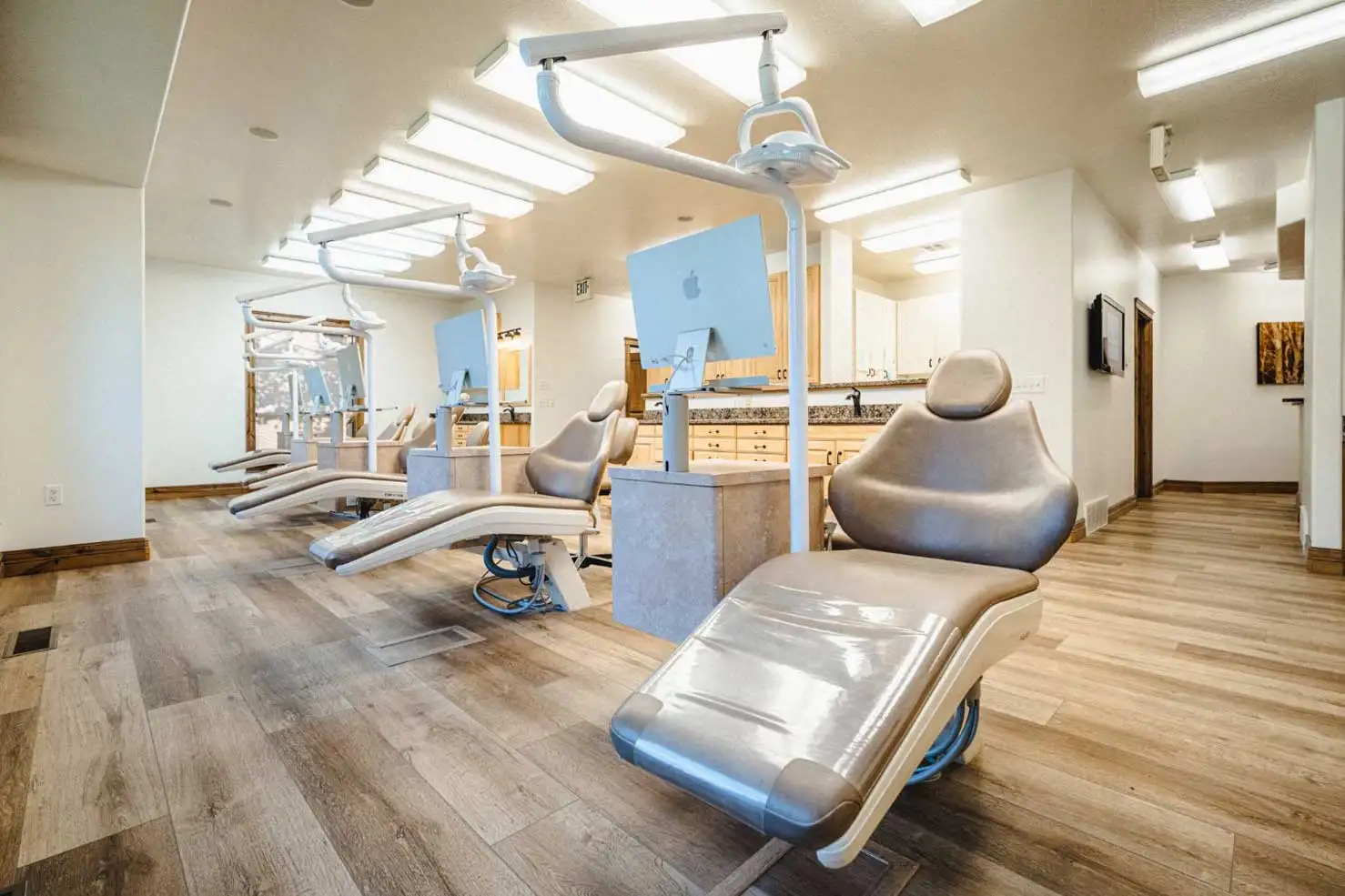Orthopedic health plays a significant role in maintaining overall well-being. It encompasses issues related to bones, joints, muscles, ligaments, and tendons, all of which allow for smooth movement and daily functionality. For individuals experiencing discomfort, pain, or injury in these areas, selecting the right orthopedic clinic can greatly impact recovery and quality of life.
What Conditions Does an Orthopedic Clinic Treat?
An orthopedic clinic specializes in diagnosing and treating conditions that affect the musculoskeletal system. Many clinics focus on joint problems, which commonly affect areas such as the knees, hips, shoulders, and elbows. These issues may arise due to conditions like arthritis, which causes inflammation in the joints, or injuries from sports, accidents, or repetitive use. Joint disorders may lead to stiffness, swelling, or difficulty in movement.
Clinics are equipped to diagnose and plan treatments to aid bone healing or manage ongoing bone health concerns. Many orthopedic clinics cater to sports enthusiasts by diagnosing and treating injuries sustained during physical activity. Common problems include ligament tears, tendonitis, and cartilage damage. Some clinics even offer long-term rehabilitation to help patients return to their chosen sport safely.
What Services Do They Provide?
Orthopedic clinics offer a diverse array of services. These aim at treating, managing, and improving musculoskeletal health. While services may vary by clinic, the general scope includes the following:
- Diagnostic Evaluations: Accurate diagnosis is foundational to effective treatment. Clinics often use advanced imaging technologies, such as X-rays or MRIs, alongside physical assessments to identify the root cause of a patient’s symptoms.
- Non-surgical Treatments: Conservative care plays a large role in orthopedic treatment. Clinics may offer physical therapy, bracing, or injections (e.g., steroids or hyaluronic acid) as part of a treatment regimen.
- Surgical Procedures: When non-invasive methods are insufficient, orthopedic surgeons step in. Services may include arthroscopy for minimally invasive joint treatment or joint replacement surgeries.
- Rehabilitation Programs: Orthopedic clinics often design customized rehabilitation programs tailored to a patient’s specific condition or surgical recovery. These programs may involve physical therapy, exercises, and mobility training to facilitate a smooth and efficient return to everyday activities.
- Preventative Strategies: Many clinics also focus on prevention, offering guidance on how to avoid injury during physical activity. This can range from educating patients about proper sports gear to recommending certain stretches.
Pick the Right Clinic for You
Choosing an orthopedic clinic is a meaningful decision, as it directly impacts your care and long-term well-being. By understanding what conditions these clinics treat and the array of services they provide, you can make an informed choice that aligns with your needs and goals. When assessing options, take the time to explore a clinic’s specialties and the expertise of its medical team. These steps can help assure you in the care you will receive. Whether you are dealing with a chronic condition, recovering from an injury, or seeking improved mobility, orthopedic care offers valuable solutions to restore and enhance your quality of life. Take the first step today by exploring clinics near you and discussing any concerns with their professionals.
- mylovelyfurryfriend discover expert tips on dog health
- Infectious Diseases Updates – Stay Informed, Stay Protected!
- Wegovy For Weight Loss – A Breakthrough in Managing Obesity!
- Emergency Medicine Forum – A Hub for Fast-Paced Knowledge, Support & Updates!
- Pediatrics Discussions – Insights, Challenges, and Expert Advice for Better Child Health!





Leave a Reply